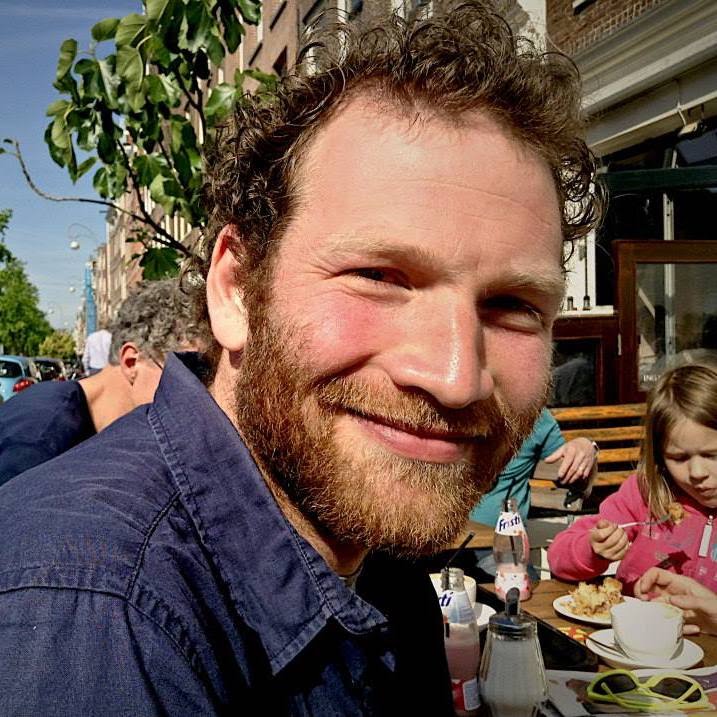The Semantics of Questions: Summer 2018
– • Rethymnon • Crete Summer School of Linguistics (Creteling)
Standard semantic theories identify the meaning of a sentence with its truth-conditions. This is a fruitful notion of meaning for the analysis of declarative sentences like “Mary left”, but it is not suitable for the analysis of questions, like “Did Mary leave?” or “Who left?”. The meaning of a question cannot be characterised in terms of its truth-conditions, because it does not make much sense to say of a question that it is true or false. Rather, a natural way to characterise the meaning of a question is in terms of the information that is needed to resolve the question. The course will provide an overview of this approach to the semantics of questions, as pursued in recent work on inquisitive semantics.

Course material
The lectures will be based on the inquisitive semantics textbook.
Some papers for further reading will also be posted (see below).
The textbook contains a number of exercises, which students are encouraged to do. They will not be discussed explicitly in class, but I’d be very happy to answer any questions about them after class.
Schedule
| Day | Topic | Readings | Additional materials |
|---|---|---|---|
| Monday | How can we model the semantic content of questions? Introduction to inquisitive semantics. | Chapters 1-4 | |
| Tuesday | Polar questions, alternative questions, and wh-questions. | Chapters 5-6 | |
| Thursday | Embedded questions and the semantics of question-embedding verbs like "know" and "wonder". | Chapter 8 | |
| Friday | Overview of how semantic theories of questions have evolved over the years. | Chapter 9 |